A degree in hospital administration can open up a world of opportunities in the fast-growing healthcare sector. With the increasing demand for skilled healthcare administrators to manage hospitals, clinics, and other medical facilities, pursuing the best Master of Hospital Administration course in West Bengal can set you on the path to a rewarding and dynamic career. But what exactly can you do with a hospital administration degree? In this guide, we will explore the various career options, skills needed, and the importance of this degree in today’s healthcare landscape.
What is Hospital Administration?
Hospital administration is the management of healthcare systems, facilities, and staff. The goal is to ensure smooth operations, efficient patient care, and adherence to healthcare regulations. A hospital administrator is responsible for planning, directing, and coordinating medical and health services. This includes overseeing daily operations, managing finances, ensuring legal compliance, and improving healthcare quality.
With a degree in hospital administration, you can pursue various roles that are critical in ensuring healthcare facilities function efficiently and meet their operational goals.
Career Paths with a Hospital Administration Degree
A hospital administration degree opens doors to a wide range of roles, each offering unique responsibilities and opportunities for growth. Here are some of the most common career paths:
1. Hospital Administrator
As a hospital administrator, you will oversee the operations of a healthcare facility. Your responsibilities may include managing staff, budgets, patient services, and compliance with healthcare laws and regulations. Hospital administrators play a key role in shaping the policies and procedures of the hospital to ensure the best care for patients.
2. Healthcare Consultant
Healthcare consultants work with hospitals and healthcare organizations to improve efficiency and patient care. They assess a facility's operations, identify areas for improvement, and provide strategies to enhance performance. This role involves deep knowledge of hospital systems, patient care protocols, and healthcare policies.
3. Clinical Director
Clinical directors manage specific departments within hospitals or healthcare facilities, such as surgery, oncology, or emergency care. Their role is to ensure that the department runs smoothly, manages its budget, and delivers high-quality care. Clinical directors work closely with doctors, nurses, and other staff to improve patient outcomes.
4. Health Information Manager
In this digital age, managing patient data is critical. A health information manager ensures that all patient records and data are accurate, secure, and easily accessible. They also ensure that the hospital complies with privacy laws and regulations, such as HIPAA in the U.S. and similar regulations globally.
5. Operations Manager
An operations manager in a healthcare setting ensures that all the administrative functions of the hospital are running smoothly. This includes managing resources, overseeing logistics, and ensuring that the healthcare facility is meeting operational goals. Operations managers play a key role in maintaining the hospital’s overall efficiency.
6. Financial Manager
Financial managers in hospitals and healthcare organizations handle budgeting, financial planning, and cost control. Their job is to make sure the facility operates within its budget while delivering high-quality care. Financial managers also handle financial reporting and work to identify areas where cost-saving measures can be implemented.
7. Policy Analyst
A policy analyst in the healthcare sector works to improve healthcare policies and regulations. They analyze current healthcare systems, propose changes, and advocate for improvements that can benefit both healthcare facilities and patients. This role often requires collaboration with government bodies, healthcare organizations, and policymakers.
8. Medical Practice Manager
Medical practice managers run small to mid-sized healthcare practices. Their role is similar to that of a hospital administrator but on a smaller scale. They manage day-to-day operations, hire staff, ensure compliance with regulations, and oversee patient care services.
9. Healthcare Human Resources Manager
In this role, healthcare human resources managers recruit, train, and manage healthcare staff. They ensure that healthcare professionals are well-trained, qualified, and motivated to deliver the best possible care to patients. Human resources managers are also responsible for managing employee relations, benefits, and compliance with labor laws.
10. Patient Care Coordinator
Patient care coordinators work closely with patients to ensure they receive the care they need. They act as a liaison between patients and healthcare providers, ensuring that treatment plans are followed and any issues are addressed promptly. This role requires excellent communication skills and a deep understanding of healthcare processes.
Skills Required for a Career in Hospital Administration
To succeed in the field of hospital administration, you will need to develop a range of skills that are critical to managing healthcare facilities. Some of the key skills include:
- Leadership: Hospital administrators must lead teams of healthcare professionals and make strategic decisions to improve patient care and operational efficiency.
- Communication: Effective communication with doctors, nurses, staff, and patients is essential for ensuring smooth operations.
- Financial Management: Understanding budgeting, financial planning, and cost control is crucial in managing a healthcare facility's finances.
- Analytical Thinking: Hospital administrators must be able to analyze data and trends to make informed decisions about hospital operations.
- Problem-Solving: The healthcare environment is dynamic, and hospital administrators must be able to solve problems quickly and effectively.
- Regulatory Knowledge: A deep understanding of healthcare laws, regulations, and accreditation standards is necessary for ensuring legal compliance.
Why Pursue a Master of Hospital Administration?
A Master of Hospital Administration (MHA) is an advanced degree designed for individuals who wish to pursue leadership roles in the healthcare industry. The best Master of Hospital Administration course in West Bengal offers in-depth training in healthcare management, finance, policy, and human resources. Graduates of an MHA program are equipped with the skills needed to excel in various healthcare management roles.
Some reasons to consider pursuing a Master of Hospital Administration include:
- Career Advancement: An MHA can help you secure higher-level positions in hospital administration and healthcare management.
- Increased Salary Potential: With advanced training, MHA graduates often command higher salaries compared to those with only a bachelor’s degree.
- Diverse Job Opportunities: An MHA opens up opportunities in hospitals, clinics, consulting firms, and healthcare organizations worldwide.
- Impact on Healthcare: Hospital administrators play a crucial role in improving patient care and operational efficiency, making a positive impact on the healthcare system.
Conclusion
A hospital administration degree provides a wide range of career opportunities in the growing healthcare sector. From hospital administrators to healthcare consultants, the skills you acquire through a Master of Hospital Administration program can set you on a path to a fulfilling and impactful career. By enrolling in the best Master of Hospital Administration course in West Bengal, specifically at Haldia Institute of Management, you can gain the knowledge and expertise needed to excel in this dynamic field.
Whether you are interested in managing hospital operations, improving patient care, or working on healthcare policy, a degree in hospital administration offers a versatile and rewarding career path. With healthcare constantly evolving, skilled administrators will continue to be in high demand, making this a promising field for those who wish to contribute to the future of healthcare.
